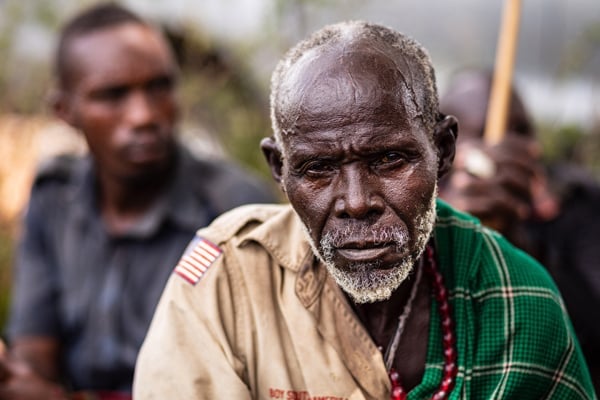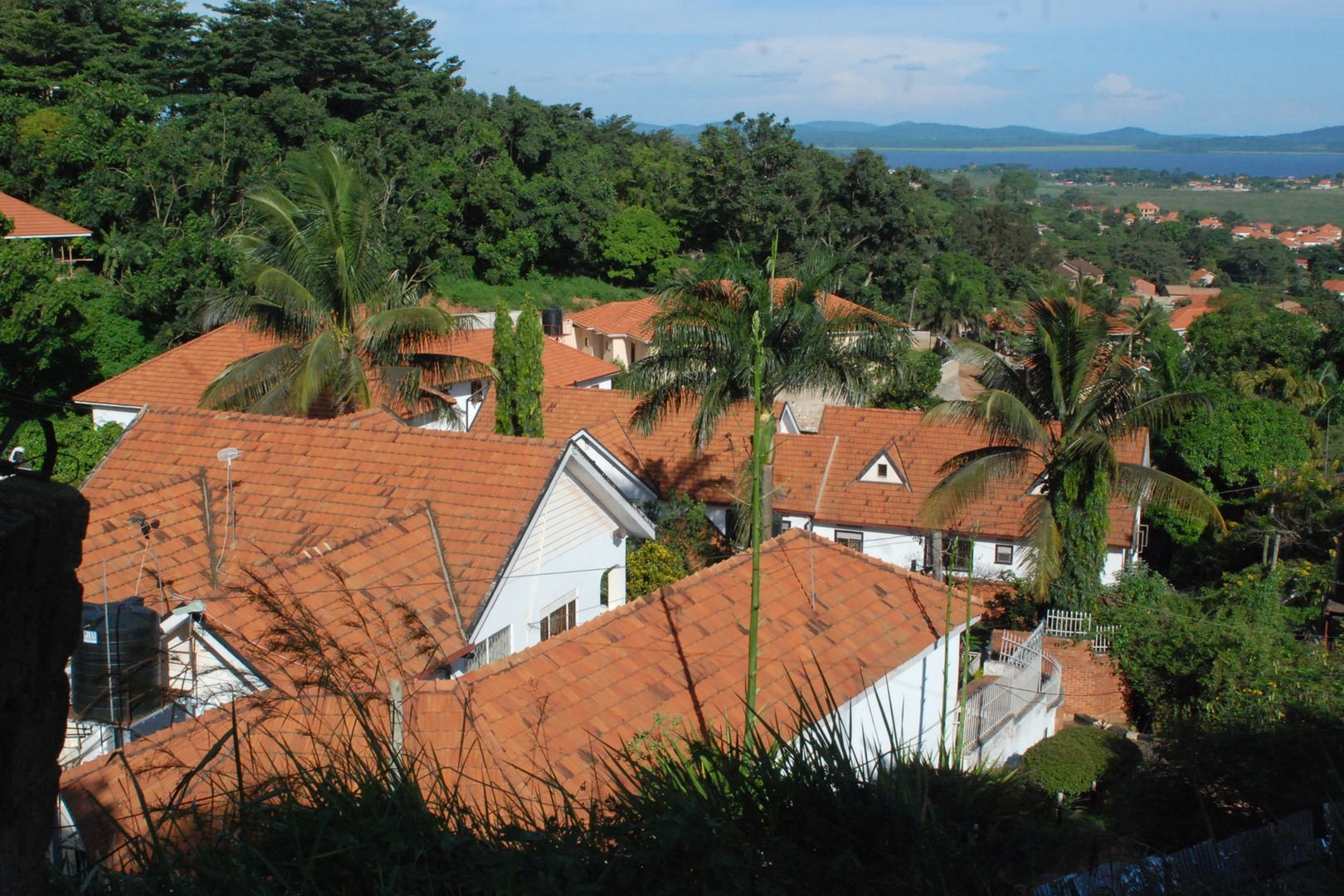Ntoroko flood victims receive food items, Shs1.7 billion cash

Some of the flood victims receive money from officials of World Food Programme in Kibuku Town Council, Ntoroko District,on September 25. PHOTO/ALEX ASHABA
What you need to know:
- Rwebisengo has 321 households (1,605 people), Rwebisengo town council 132 households (660 people), and Nyakasenyi and Karondwa have a total of 523 households (2,615 people).
- The distribution commenced last week at Ntoroko district headquarters, starting with Kibuku town council and Bweramule Sub-county.
The World Food Programme (WFP) has extended financial support worth Shs1.7 billion and 200 metric tonnes of rice to 3,464 households that were affected by devastating floods that swept through Ntoroko District in August.
Each household, estimated to consist of five members, has received either cash or a combination of cash and food.
WFP expects to reach out to the 17,320 people from families across the sub-counties of Kanara, Butungama, Rwebisengo, Bweramule, and the town councils of Kibuku and Rwebisengo who were affected.
In sub-counties of Bweramule and Kanara, the affected residents receives cash only, while other areas received both food and monetary assistance.
Mr Caleb Mutabazi, the Crisis Response Cash Base Transfer and Partnership officer from the World Food Programme, at the weekend said the assistance was provided to registered and verified individuals.
"For 45 households in Bweramule Sub-county, totaling 225 people, each household has received Shs555,000 in cash. Meanwhile, in sub-counties like Kibuku Town Council, with 82 households and a population of 410, each household has received 189 kilogrammes of rice along with Shs360,000 in cash," he said.
Mr Mutabazi added: "Donors have ensured strict controls to prevent misuse. The support is expected to sustain families for three months, contingent on responsible usage."
Ms Anent Tibigamba, a resident of Kibuku Town Council and a beneficiary, said since the floods swept away her house in August, her children have been sleeping on the roadside.
"We are still living in makeshift shelters made of tarpaulin. However, we are grateful to the World Food Programme for providing us with food and money, which will help me sustain my family much better than before," Ms Tibigamba, said.
Meanwhile, other areas to receive assistance include Kanara Sub-county, where 1,328 households (6,640 people) will receive cash only, and selected parishes in Butungama sub-county—Budiba and Masaka—with 1,033 households (5,165 people).
Additionally, those in Rwebisengo Sub-county, Rwebisengo Town Council, and parts of Butungama Sub-county—Nyakasenyi and Karondwa—will receive food items and cash.
Rwebisengo has 321 households (1,605 people), Rwebisengo town council 132 households (660 people), and Nyakasenyi and Karondwa have a total of 523 households (2,615 people).
The distribution commenced last week at Ntoroko district headquarters, starting with Kibuku town council and Bweramule Sub-county.
The Ntoroko District Chief Administrative Officer, Mr Moses Agum, said since August, flooding from River Semuliki has caused significant damage, displacing people and leaving many homeless.
"I want to thank the media, especially NMG-Uganda, for highlighting the plight of the people in Ntoroko who were affected by the floods. As a result, we were able to attract partners, and now we have received relief items, cash, and food to support the affected families," Mr Agum said.
Mr William Kasoro, the Ntoroko District chairperson, said the district disaster management committee’s September 3 report shows that a total of 30,224 people from 6,980 households have been affected by the floods.
Of these, 13,137 are males, 16,041 are females, 14,183 are children, and 874 are people with disabilities.
“Out of 30,224 total affected people, 24,858 people from 5,569 households have been internally displaced, including 9,365 people from Kanara Sub-county, who have been displaced since 2019 due to rising water levels from Lake Albert,” he said.
Mr Kasoro, said the district authorities need Shs4 billion to rehabilitate all submerged roads, Shs1.5 billion for rehabilitating health facilities, and Shs3 billion to reconstruct seven primary schools affected by the floods.Some of the schools impacted include Umoja, Masaka, Rwangara, Budiiba, Masojo, Bwizibwera, and Kabibiri.
Dr Patrick Businge, the district production officer, said more than 90,000 of the 185,000 cattle in the district are in submerged areas across six sub-counties within the cattle corridor.




